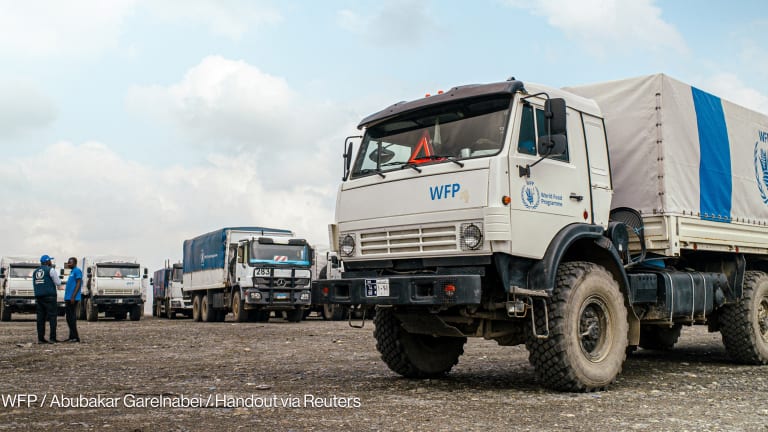Newly appointed director of the World Food Programme Cindy McCain said this coming year will be tough financially for the international community responding to the global food crisis as the war in Ukraine shows no sign of abating and countries experience exacerbating effects of climate change.
“We're not going to get the kind of funding this year that we got last year. Last year was unprecedented. So now we're going to have to be a little more creative in how we spend our monies in these various agencies,” McCain said during a Devex event at South by Southwest.
“We need to learn how to do more with less.”
Printing articles to share with others is a breach of our terms and conditions and copyright policy. Please use the sharing options on the left side of the article. Devex Pro members may share up to 10 articles per month using the Pro share tool ( ).








